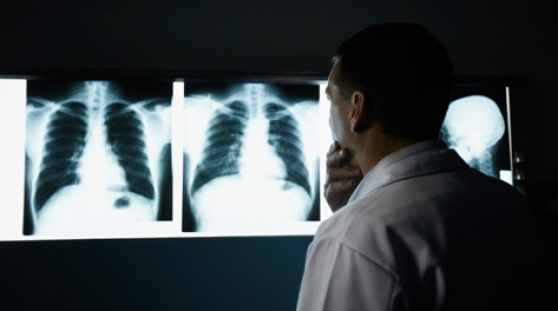Sleep Disorders Health Center
Table of Contents

Doctors diagnose sleep apnea based on your medical and family histories, a physical exam, and results from sleep studies. Usually, your primary care doctor evaluates your symptoms first. He or she then decides whether you need to see a sleep specialist.
These specialists are doctors who diagnose and treat people with sleep problems. Such doctors include lung, nerve, or ear, nose, and throat specialists. Other types of doctors also can be sleep specialists.
Physical Exam
Your doctor will check your mouth, nose, and throat for extra or large tissues. The tonsils often are enlarged in children with sleep apnea. A physical exam and medical history may be all that's needed to diagnose sleep apnea in children.
Adults with the condition may have an enlarged uvula or soft palate. The uvula is the tissue that hangs from the middle of the back of your mouth. The soft palate is the roof of your mouth in the back of your throat.
Sleep Studies
A sleep study is the most accurate test for diagnosing sleep apnea. It captures what happens with your breathing while you sleep.
A sleep study is often done in a sleep center or sleep lab, which may be part of a hospital. You may stay overnight in the sleep center.
Polysomnogram
A polysomnogram (poly-SOM-no-gram), or PSG, is the most common study for diagnosing sleep apnea. This test records:
- Brain activity
- Eye movement and other muscle activity
- Breathing and heart rate
- How much air moves in and out of your lungs while you're sleeping
- The amount of oxygen in your blood
A PSG is painless. You will go to sleep as usual, except you will have sensors on your scalp, face, chest, limbs, and finger. The staff at the sleep center will use the sensors to check on you throughout the night.
